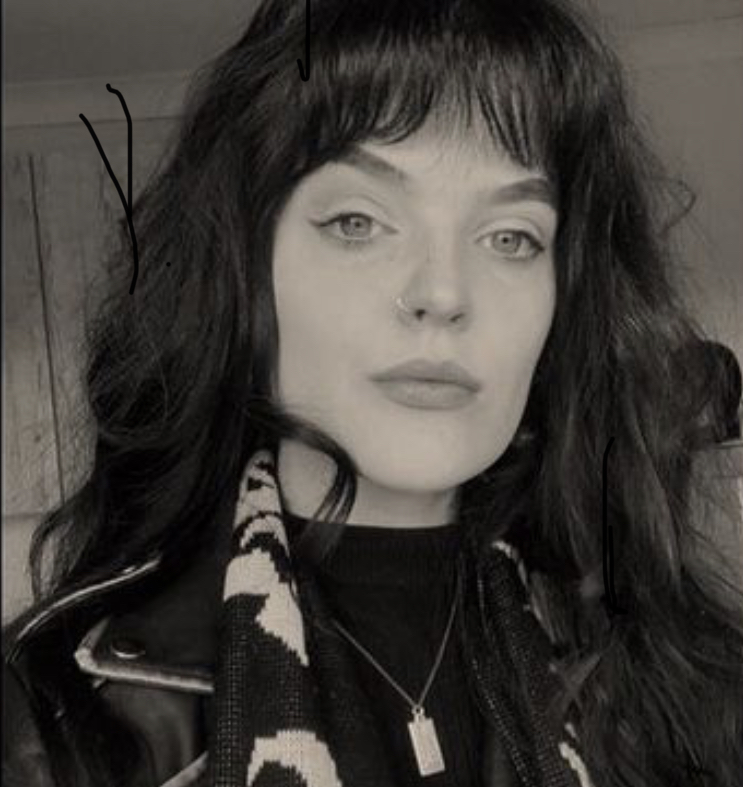Mick Jagger has revealed that "some people" believe The Rolling Stones should have cancelled their current No Filter tour across the US and broken up following the death of their drummer, Charlie Watts, earlier this year.
In a new interview on Apple Music 1, the frontman told host Zane Lowe: "Some people said, ‘Oh, Charlie died, and you should have not done the tour – and stopped.
"And other people would think, 'The thing about the Rolling Stones throughout their career has been their resilience in the face of adversity.’ And we’ve had ups and downs, mostly ups, to be honest – but we’ve had adversity. And this was probably one of the most difficult ones.”
Jagger then goes on to say that the band agreed that they “should just carry on", and move forward while they complete the current tour. Noting how the beginning few shows of the run confirmed they made the right decision, he continues: "After doing the first couple of shows, I feel really good about it. I’m glad we’re doing it. I know Charlie wanted us to do it, and I think the audience wanted us to do it. They seem to.
"And of course it’s different — and of course in some ways it’s kinda sad […] But you just go out there and rock out, and you feel better. And it’s very cathartic. So I think it’s really good.”
Elsewhere in the interview, Jagger remembers his final studio sessions with Watts. Prior to his death, the band were working on the extended edition of Tattoo You. Stating how it would be "difficult" to carry on recording without him, the vocalist says, "Without Charlie being there, it's going to be very difficult. And we've got tracks which obviously have Charlie on them. But if we do new things, we won’t.
"I did some stuff with him in the studio very recently, while we were doing the Tattoo You things. […] Charlie did some work on just a few fills and stuff like that. And then we started messing around, we did some other things.”
"It's just so weird and then very sad,” he continues. It's such a long time that you work with someone like that, and you get to know someone so well and their quirks and their idiosyncrasies, and they know yours. And there's a language in communication with musicians. […] After all this length of time, you have this ease of communication, so to speak. […] I miss that so much."

